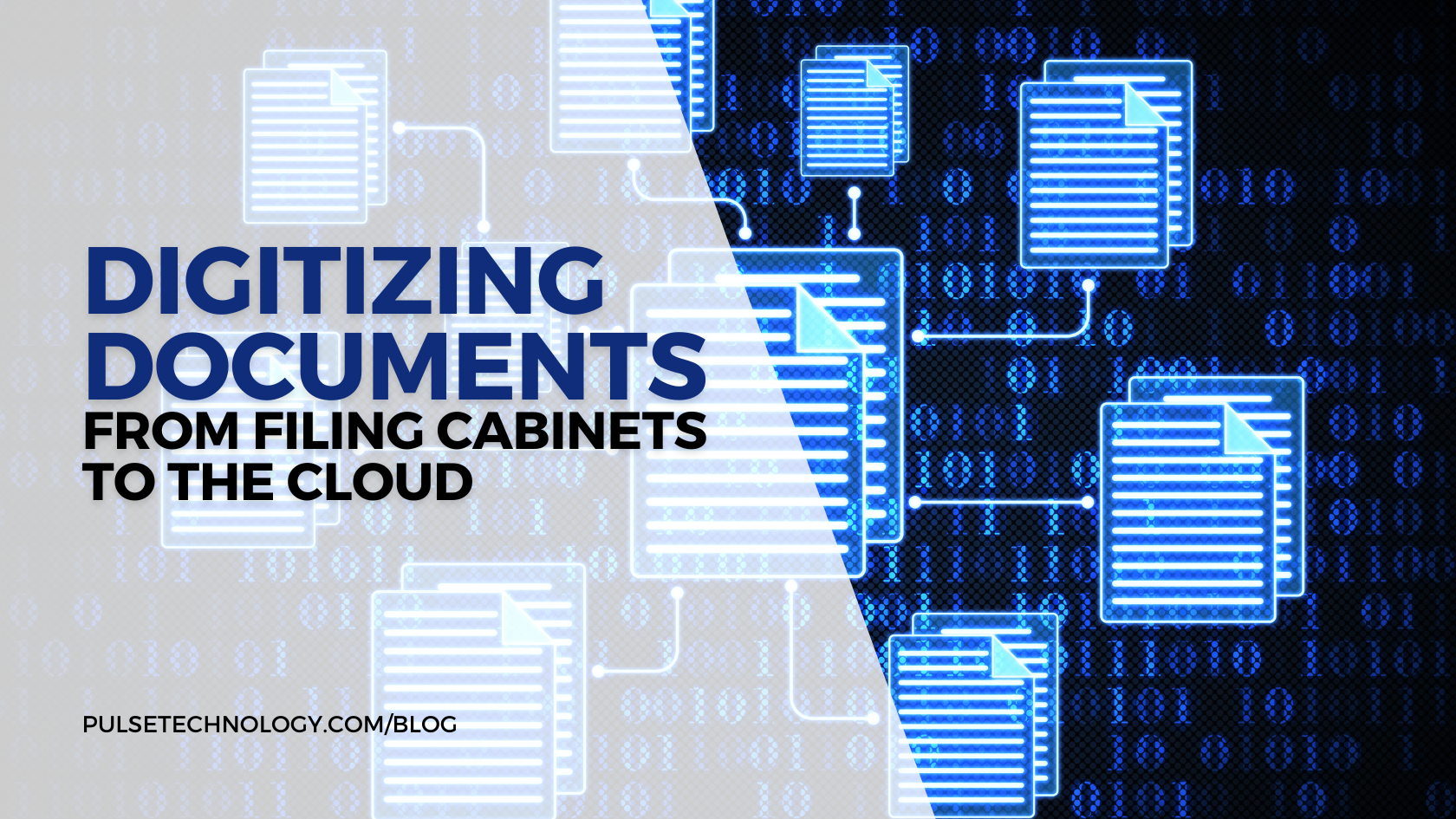Roadmap to a Greener Business: Sustainability For Business
“You cannot get through a single day without having an impact on the world around you. What you do makes a difference, and you have to decide what kind of difference you want to make.” ~Dame Jane Goodall, English anthropologist and activist
From mom & pop shops to Fortune 500 companies, implementing green practices into your business in 2023 is a forecasted trend that has immense benefits for you and our planet.
It’s important to understand why it’s important for your business to go green. The obvious reason is to help our planet. According to the International Panel of Climate Change (IPCC), the earth is warmer than it’s been in 125,000 years.[1] Why is that a big deal? The warming climate affects us all. It affects the economy, and how we live, eat, and breathe. Natural disaster severity is increasing and causing a strain on the economy. Our food sources are strained by droughts and flooding. As our oceans’ acidity rises, it affects their ability to pull out carbon dioxide (CO2) from our atmosphere.
Beyond the impact sustainable practices have on our planet, going green also positively affects your business. Take this statistic for example – 75% of millennial consumers consider sustainability before buying a product.[2] Also, consider that 90% of Gen X customers would be willing to spend an extra 10% or more for sustainable products. And that same generation, by 2030, will represent 27% of the world’s income.[3]
You’ll also be creating a positive public image and reputation. 92% of customers are more likely to trust brands that are environmentally or socially conscious.[4] Though 100% of retailers surveyed said they believe customers rank brand names higher than sustainability, the truth is that only 56% of customers rank a brand name as somewhat or very important.[3]
There are even financial incentives to being a sustainable-focused business.
1. The Investment Tax Credit (ITC). This initiative from the federal government provides a tax credit for building or purchasing equipment that produces renewable energy. This includes both solar and wind generation equipment.
2. If your company uses plug-in hybrids or fully electric vehicles you could be eligible for up to $7,500 in credit.
3. 179D Commercial Buildings Energy-Efficiency Tax Deduction allows building owners to apply for tax deductions for installing certain systems in their buildings.
4. Energy Star incentives by the Environmental Protection Agency (EPA) help businesses replace fluorescent lighting and track energy and water usage.
5. Local and state governments can provide incentives for capping emissions, switching to clean energy, and taking steps to go green. Check with your state to see what incentives they offer.
So, what can your business do to take steps toward sustainability?
1. Make minimizing your environmental impact a priority.
2. Hire a sustainability manager to evaluate, outline, and implement sustainable changes.
3. Review your supply chain. Prioritize local vendors and those that are also sustainable. Specifically, evaluate your regular purchases to ensure they are as sustainable as possible.
4. Recycle old ink cartridges properly. Pulse can help you do that – Our Recycling Program
5. Use a bank that doesn’t fund fossil fuels.
6. Get your building LEED Certified
7. Install water-saving fixtures.
8. Create a zero-waste breakroom. Provide proper recycling bins and signage. Eliminate single-use plastic and wasteful packaging from your vending machine.
9. Transition from business travel to virtual meetings. Pulse provides VOIP phones that integrate with your computer to host on-camera meetings.
10. Get your employees on board by providing green training to encourage sustainable behaviors.
11. Create public transit and biking incentives for employees.
12. Install heat-blocking window film to lower your electrical bill during warmer months.
13. Utilize non-toxic cleaning supplies – in glass bottles, if possible.
14. Create green spaces for employees. Connecting with nature can boost morale, inspire creativity, reduce stress, and encourage the protection of nature through sustainable actions.
15. As a company, volunteer to help green organizations.
16. Use energy-saving equipment and turn off or unplug them when not in use.
17. Donate to sustainable organizations, especially local ones!
18. Offer local-sourced vegetarian or vegan options in your cafeteria, if applicable.
19. Switch your business cars to Electric Vehicles (EVs) and install charging stations for your employees with EVs.
20. Repair what you have before you buy something new.
21. Start a composting program or join a local one so food scraps from the breakroom don’t go to waste.
22. Switch to bamboo products – like toilet paper.
23. Encourage telework whenever possible and applicable.
24. Use recycled paper when printing.
25. Use the cloud whenever possible to avoid printing. Pulse offers a variety of IT solutions that can help your businesses utilize the cloud in a productive and secure way.
26. Switch to LED lighting.
27. Choose an investment firm that offers green investment packages for your 401k.
28. Minimalistic and sustainable packaging.
29. Make sure all e-waste is recycled properly.
30. Offset your paper usage by utilizing Pulse/PrintReleaf program. This program plants trees based on your printer paper usage.
While not all of these ideas are right for every company, we’re confident that you can adapt many of these to fit your business. The bottom line is that we don’t need perfection, we need continual and increasing effort. Every little bit counts and as a business, you have a larger impact than individual actions – so make them count!
Finally, we cannot stress enough how important it is to take truly sustainable steps and not fall into greenwashing. Greenwashing is a way of deceiving customers into thinking your business or product is environmentally friendly or has a positive environmental impact when it does not. This can be anything from exaggerated or misleading wording, using the color green to push an eco-feel, or even using nature or wildlife images to seem more sustainable. Customers are getting better at spotting greenwashing and this will only hurt your business.
Learn more about Pulse Technology’s Green Solutions that can help your business on its road to sustainability. Get started today by scheduling a tech assessment. Or call us at 888-357-4277.
Sources
[1] IPCC Sith Assessment Report. 2022. https://www.ipcc.ch/report/ar6/wg2/
[2] “Most Consumers Want Sustainable Products and Packaging.” Martins, Andrew. 05 Aug 2022. Business News Daily. https://www.businessnewsdaily.com/15087-consumers-want-sustainable-products.html
[3] “Consumers Demand Sustainable Products And Shopping Formats.” Petro, Greg. 11 Mar 2022. Forbes. https://www.forbes.com/sites/gregpetro/2022/03/11/consumers-demand-sustainable-products-and-shopping-formats/?sh=1fd609b16a06
[4] “Do Customers Really Care About Your Environmental Impact?” Butler, Adam. 21 Nov 2018. Forbes. https://www.forbes.com/sites/forbesnycouncil/2018/11/21/do-customers-really-care-about-your-environmental-impact/?sh=9f29313240d0



